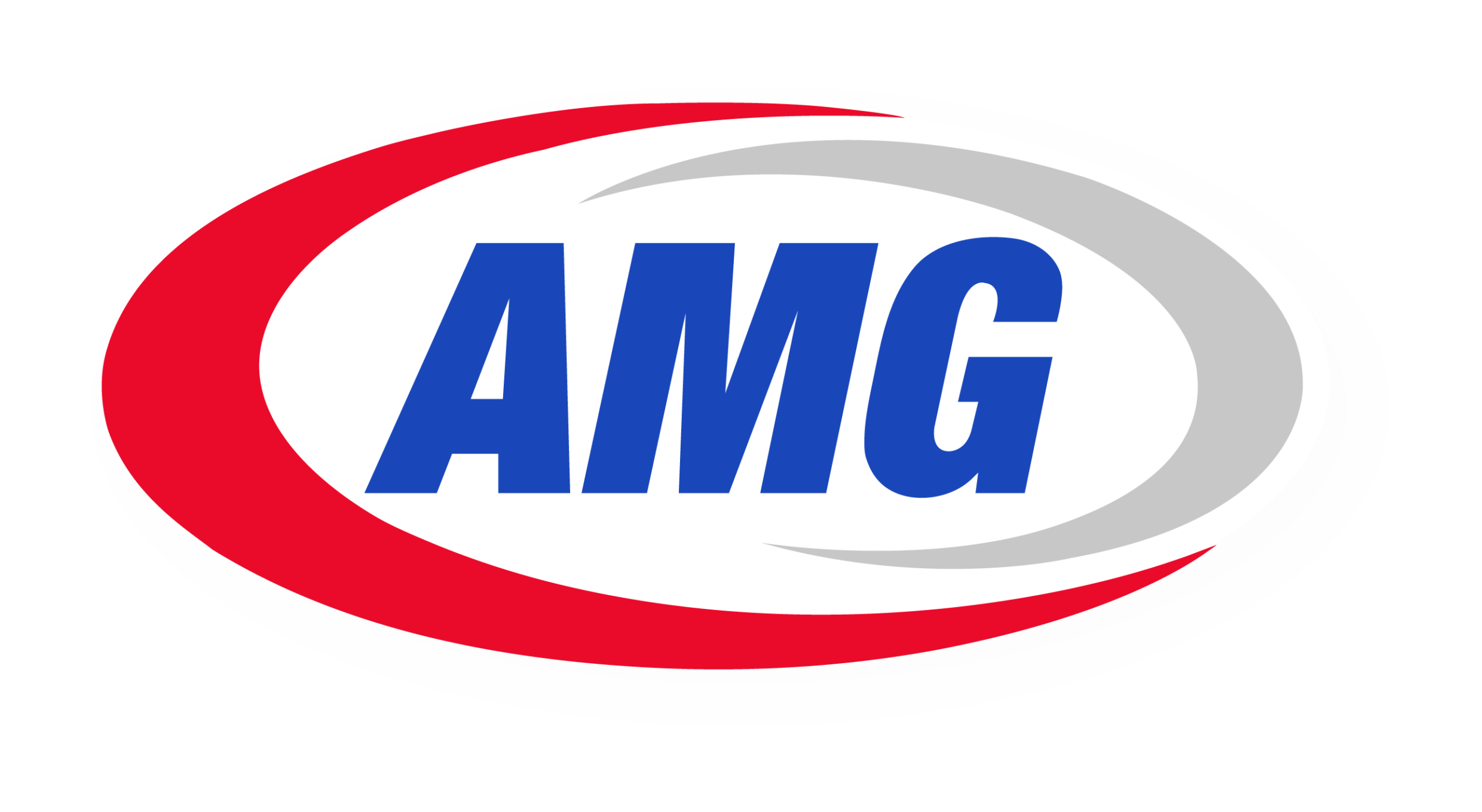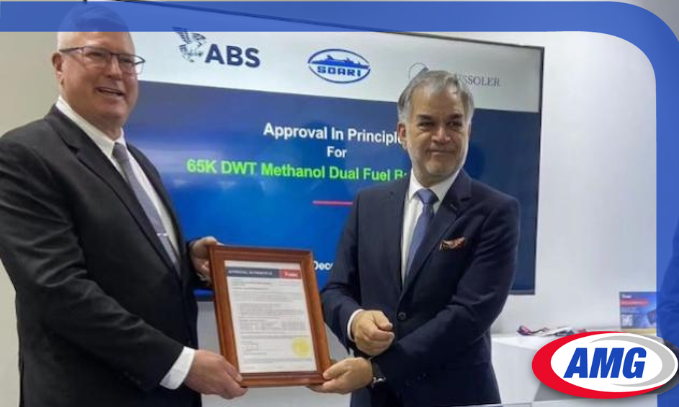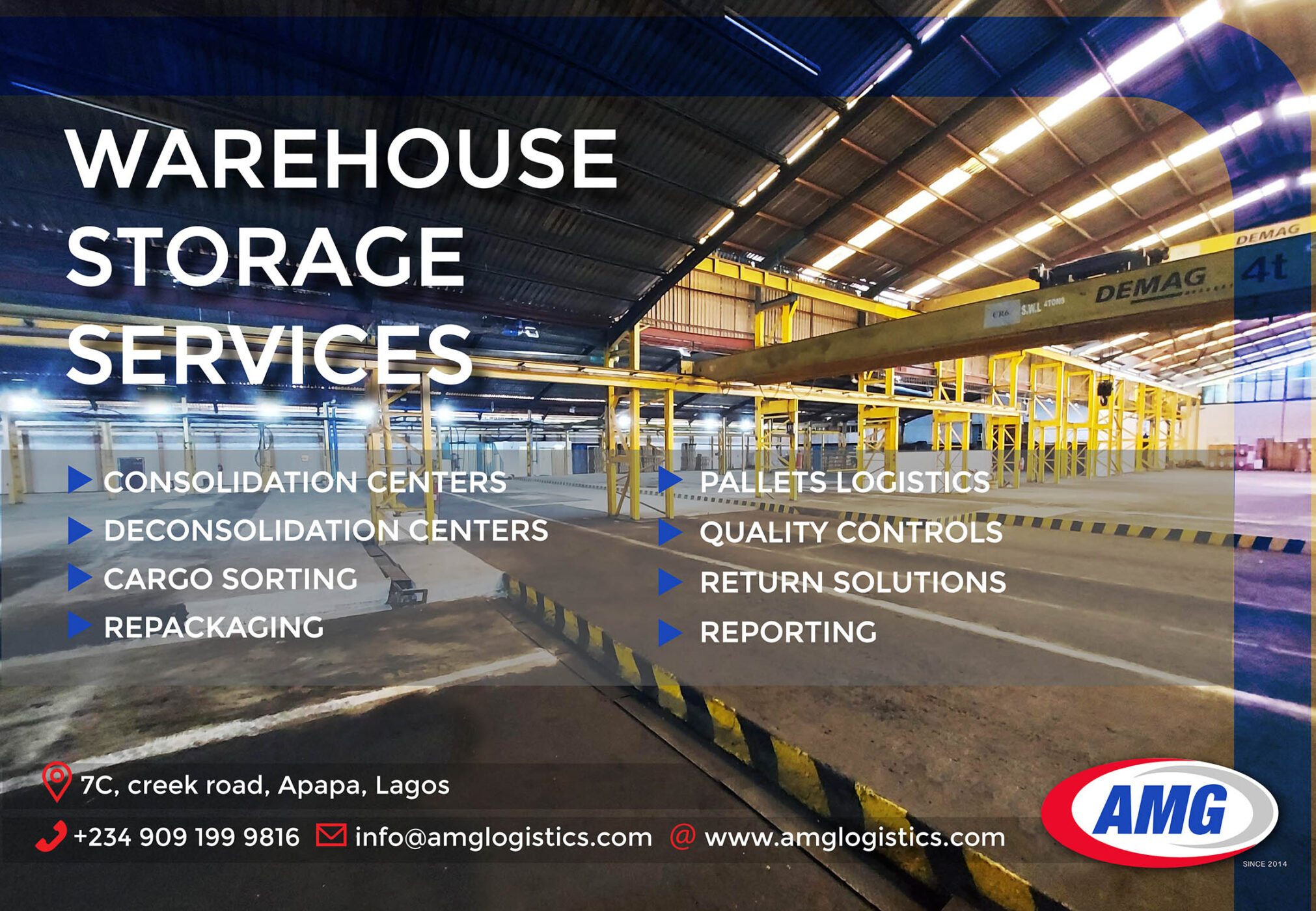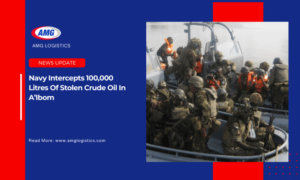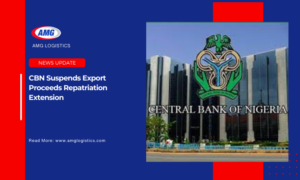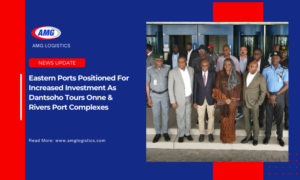It is the first such methanol vessel designed for China’s shipbuilding industry.
The design, a joint development of Lemissoler and SDARI, explores the feasibility of using methanol as fuel to reduce carbon emissions to reach the IMO’s net-zero target by 2050. With the implementation of EU ETS and FuelEU regulations, the vessel, when burning green methanol will have a high potential to reduce carbon emissions-related costs. The vessel has been thoroughly optimised and its preliminary Energy Efficiency Design Index (EEDI) was reviewed and indicated that it exceeds well EEDI Phase 3 standards. ABS completed design reviews based on class and statutory requirements.
“Methanol is a promising fuel source to reduce shipping emissions, and this new design from Lemissoler is an exciting opportunity for China shipbuilding to show leadership once again in the decarbonization of our industry. ABS is proud to support these innovative projects, sharing our industry-leading guidance to assist owners and shipyards with services and solutions regarding alternative fuels,” said Vassilios Kroustallis, ABS Senior Vice President of global Business Development.
”We at Lemissoler are once again pioneering new technological and innovative designs for our Dry Bulk fleet. The collaboration with SDARI and ABS is proof of how much can be achieved collectively. This new evolution design is another step toward Lemissoler’s target to become net zero by 2045,” said Philippos Philis, CEO of Lemissoler Navigation.
“As the designer of this innovative methanol-fueled vessel, SDARI is always committed to tailor-made and deliver practical solutions to customers’ demands, offering an optimized design to satisfy future maritime rules and regulations,” said Zhou Zhiyong, Vice President of SDARI.
